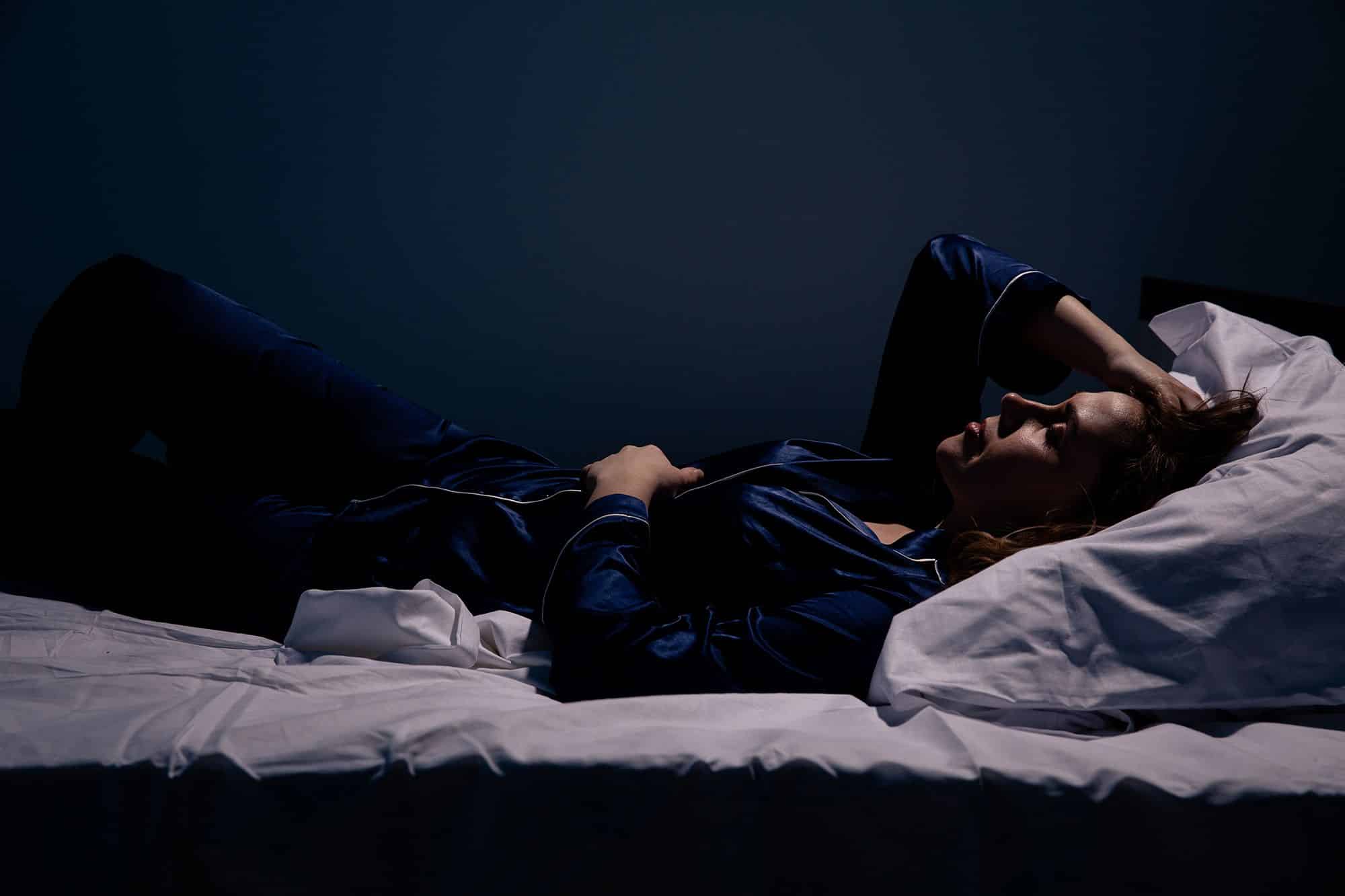If you’re like everyone else, you’re probably spending much more time at home than usual. In theory, this should give you a fantastic opportunity to relax, get rested, and catch up on sleep. Unfortunately, for many people, things haven’t exactly worked out that way. For some, the COVID-19 crisis has stirred up so much anxiety that it has actually resulted in increased instances of insomnia. Let’s discuss 5 possible solutions for this health-destroying, anxiety-induced sleep deprivation.
1. Turn Off the News and Disconnect
When you’re already feeling anxious, there is nothing good that can come of consuming a constant barrage of bad news. Lately the media has been drowning us in death statistics, gloom and doom forecasts, unemployment data, and reports of economic uncertainty, all of which could contribute to sleepless nights and anxiety.
The solution to this is simple. Shut off your TV set, disconnect from internet news sites, and ignore all the fearmongering. If you turn on the radio, tune in to a station that’s playing music rather than news. You can’t make the COVID-19 crisis go away by ignoring it; but you certainly don’t have to dwell on all the bad news.
If you must look at the news, make an effort to avoid doing so right before going to bed.
2. Say No to Screens in Bed
Electronic devices such as your phone and laptop emit an unnatural blue light that can throw your circadian rhythms, and your sleeping patterns, into disarray. It would be challenging to totally avoid the blue light; but, you can at least avoid bringing it to bed with you.
It’s beneficial to set a firmly scheduled bedtime, and to ensure that you shut off and put away your electronic devices at least one whole hour or more before that sacred time.
3. Make Sure Your Bedding Is Comfortable
Uncomfortable bedding can make it difficult to get to sleep or stay asleep. Researchers found that, on average, people can expect to get about 42 extra minutes of sleep every night after taking action to replace an uncomfortable bed with a fresh, comfortable one.
If you aren’t sure which bed to buy, consider Ecosa’s products. Their bed base, mattresses and bamboo sheet sets are all ideal for supporting restful sleep.
4. Exercise Enthusiastically, but Not Right Before Bedtime
Exercise is a mandatory component of healthful living, and it also promotes peaceful slumber. However, exercise right before bedtime can have the effect of getting you too energized to effectively sleep afterwards.
According to research published in Fit and Well magazine in October of 2015, 7 am is the ideal time to work out. The researchers determined that people who exercised in that early morning hour were likelier to enjoy several benefits as compared against people who exercised in the afternoon or evening. The benefits included longer and more restful sleep cycles, as well as lower blood pressure.
5. If You Must Indulge, Do It Early
Caffeine and alcohol can both be hugely disruptive to healthy sleep. When you consume either substance close to bedtime, it is likely to result in unwelcome sleep deprivation. This can be avoided by abstaining from consuming these substances; but if you don’t want to abstain, you can help to keep them from ruining your sleep by consuming them earlier in the day rather than close to bedtime.
If you’re suffering from anxiety-induced insomnia in the wake of COVID-19, taking these steps is likely to help with solving the problem. If none of these solutions work, we strongly recommend speaking with your GP or primary care physician to get a professional opinion on the matter. Your usual healthcare provider will have the experience and ability to make helpful personalized recommendations that could lead you to a more successful outcome.







Leave a Reply